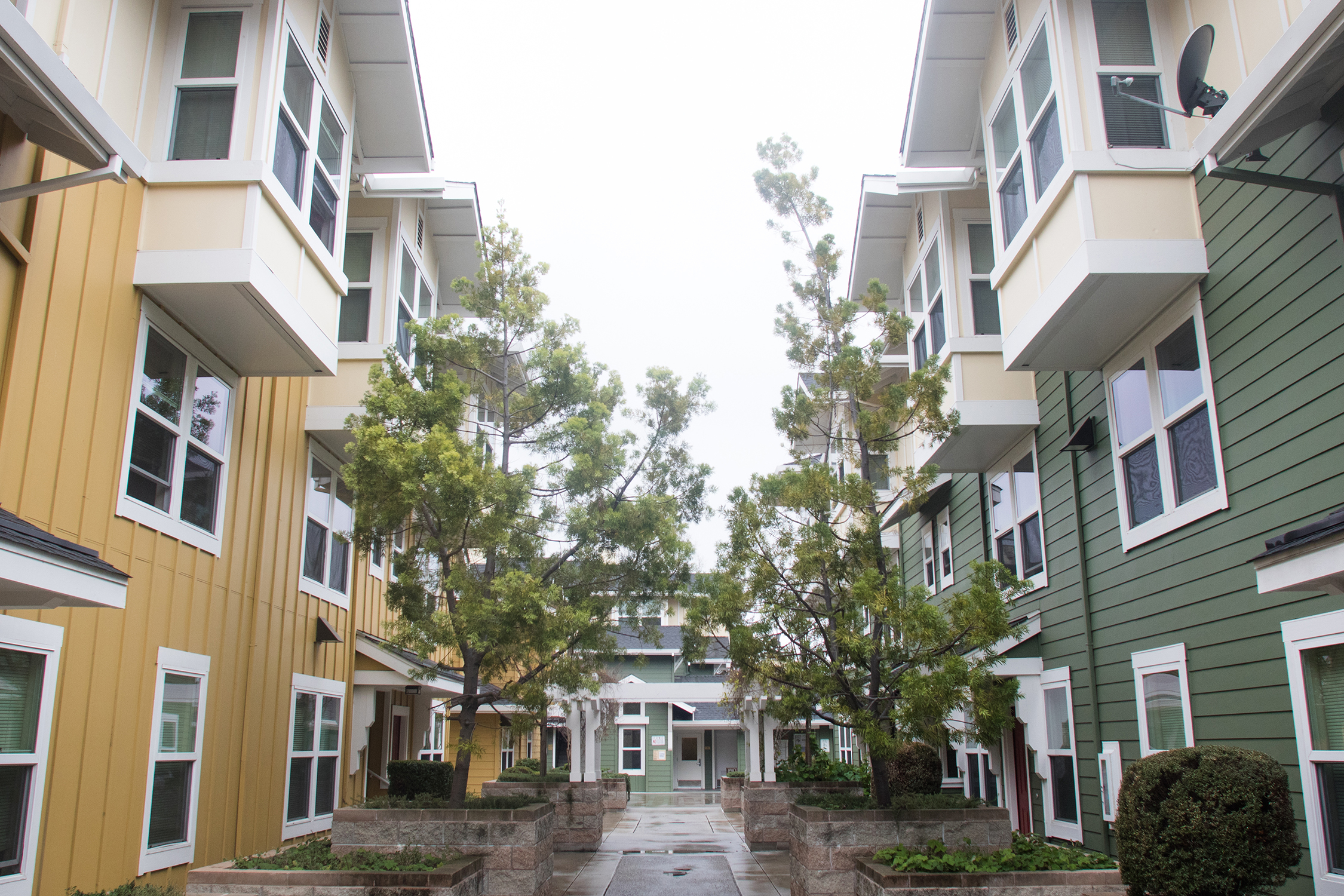The two nonprofit groups that had sued Palo Alto in February over its failure to approve a housing plan by the state's deadline have withdrawn their lawsuit, court records show.
The pro-housing groups Yes In My Backyard (YIMBY) and California Housing Defense Fund filed their lawsuit on Feb. 3, just days after the Jan. 31 deadline for Bay Area cities to adopt compliant Housing Elements. The documents detail each city's plans to meet its state-allotted housing quotas. They include an inventory of sites that could accommodate new housing, policies for encouraging residential construction and programs to reverse past patterns of discrimination when it comes to housing.
Palo Alto had submitted its first draft of the document to the state Department of Housing and Community Development in December. The state agency responded in March by requesting a list of revisions, and the city submitted a second draft in June. Between the submission and the March response, the two nonprofit groups filed a lawsuit asking the Santa Clara County Superior Court for a writ of mandate requiring the city to adopt its Housing Element and a declaration that the city is out of compliance with state law.
In responding to the lawsuit, the city's attorneys and planning staff made a case that they had been diligently proceeding with the mandated Housing Element revision and that the delays in formally adopting a document stemmed in part from factors beyond the city's control.
These included the city's difficulty in finding a consultant to support the effort, pandemic-influenced budget challenges that led to a staffing shortage in the Department of Planning and Development Services and the city's extensive community engagement process, which Planning Director Jonathan Lait called "extremely robust."
In his declaration, Lait noted that the city held 15 meetings of a Housing Element Working Group, eight meetings with a council ad hoc committee, two community meetings and seven meetings before the Planning and Transportation Commission and the full council.
"While necessary and integral to the preparation of the city's Housing Element, the robust public engagement process did contribute to the delay in adopting the Housing Element before the Jan. 31, 2023 deadline," Lait's declaration states.
The most notable change that led to the suit's dismissal is the City Council's vote on May 8 to formally adopt its new Housing Element. The city's legal team forwarded the newly adopted document to the court as further evidence of local efforts to comply with the state mandate.
While the document is still being reviewed by the state Department of Housing and Community Development, which will have the ultimate say over whether it is "substantially compliant" with state law, the council action prompted the court to order the nonprofits to revise the petition by June 9. According to court documents, the nonprofits emailed the city on June 9 informing it that they would withdraw the petition.
On June 20, they filed their request for dismissal of the action "without prejudice," which leaves open the possibility of them refiling the lawsuit at a later date.
It was not clear whether the nonprofits are preparing a new suit. Keith Diggs, attorney with YIMBY Law who is representing the nonprofit in the lawsuit, did not respond to a request for comment Tuesday.



Comments